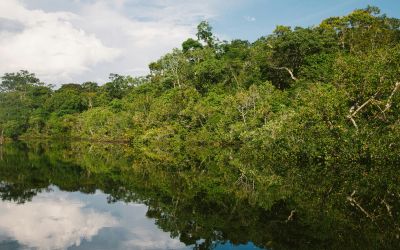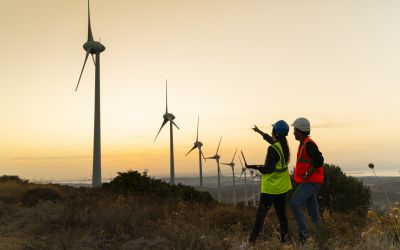GEF Grant to Assist China’s Efforts to Phase Out POPs
The World Bank’s Board of Executive Directors today approved a $24.25 million grant from the Global Environment Facility (GEF) to support China’s efforts to reduce perfluorooctane sulfonic acid (PFOS)

PRESS RELEASE - Washington, D.C. - 7 April 2017 - The World Bank’s Board of Executive Directors today approved a $24.25 million grant from the Global Environment Facility (GEF) to support China’s efforts to reduce perfluorooctane sulfonic acid (PFOS) in selected sectors and enterprises in a sustainable manner.
China has ratified the Stockholm Convention on Persistent Organic Pollutants (POPs), a global treaty addressing a number of harmful chemical substances listed as POPs, including PFOS and its related chemicals. China started manufacturing PFOS in the late 1980s, producing a total of 1,600 metric tons to date. It is the only known producer remaining in the world. Today, PFOS are used mainly in metal plating, firefighting, pest control, and oil production.
“This project seeks to phase out the supply and demand of PFOS simultaneously. It will contribute to China’s compliance with the Stockholm Convention on POPs, while also protecting the environment and human health. The project will also strengthen China’s capacity in the management of chemicals,” said Laurent Granier, World Bank’s Senior Environmental Specialist and project team leader.
Sponsored Content
By converting or closing production lines and facilities and promoting cleaner production, the Reduction and Phase-out of PFOS in Priority Sectors Project will help China phase-out the production and reduction of environmental releases. The project will also support the use of alternatives to PFOS in metal plating, firefighting foam and pest-management techniques and practices for the control of Red Imported Fire Ant. Technical assistance will be provided to strengthen the regulatory and policy framework, standards, and capacity building.
The project aims to reduce by 44 tons the amount of PFOS produced and used yearly, and set up a control and monitoring system for tracking PFOS production and sales. In addition to its global impact, the project is expected to help reduce PFOS exposure for at least 7.2 million people living and working in the PFOS production areas or using PFOS-based pesticides.
GEF is one of the largest and longest standing World Bank Group programs supported by trust funds. Since 1991, when the World Bank helped to establish the GEF, it has provided integrated global environmental benefits across the Bank programs through more than 790 investment projects and programs in 120 countries.






